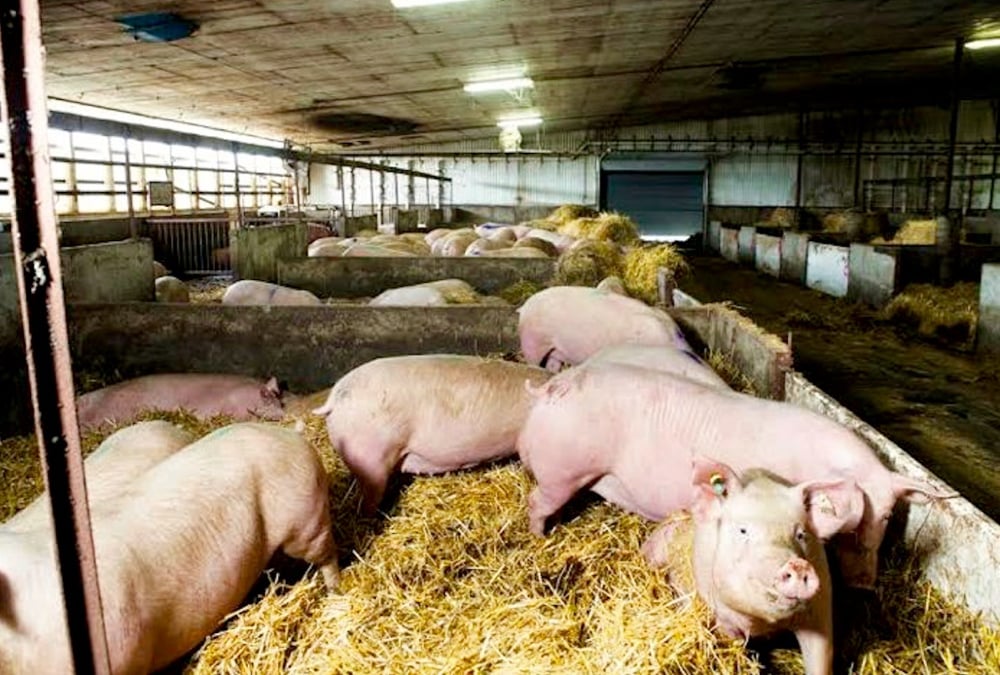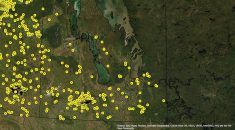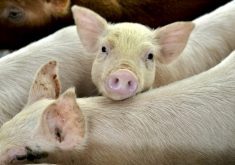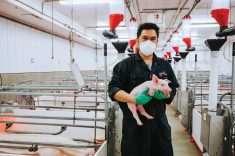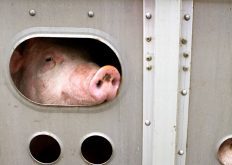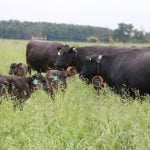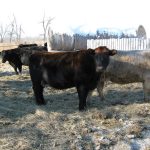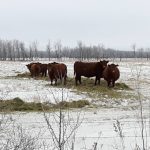The Manitoba Pork Council says it is disappointed it won’t get its day with the Competition Bureau of Canada after filing a complaint on a hike in fees for on-farm deadstock pickup.
Why it matters: The Competition Bureau of Canada has opted not to take up the Manitoba Pork Council’s complaint against deadstock pickup fees.
Earlier this spring, the council filed a complaint against biowaste recycling company Rothsay. The council claimed that the price of a farm visit, in which deadstock are picked up and transferred to rendering facilities, has increased from $15 per visit to $150 since 2013, when Texas-based Darling Ingredients purchased the company from Maple Leaf Foods.
Read Also

Trade uncertainty, tariffs weigh on Canadian beef sector as market access shifts
Manitoba’s beef cattle producers heard more about the growing uncertainty they face as U.S. tariffs, and shifting trade opportunities, reshape their market.
At the time of the complaint, MPC would not speculate on the reasons behind the increase, nor did the company respond to requests for comment.
In a release June 2, the pork council said it had heard back from the Competition Bureau of Canada, which is tasked federally with protecting a competitive marketplace, and had been told that the issue brought forward by the complaint falls outside of the bureau’s jurisdiction.
“That is something that we do find disappointing,” Cam Dahl, MPC general manager said. “Especially for all of those producers who really don’t have alternatives for the disposal of deadstock.”
The increase is not reflected in other provinces where Rothsay operates, but that have more companies vying for business, such as Ontario, according to the pork council’s complaint.
Earlier this spring, Dahl argued that the company’s fees in Ontario had increased, but to a much smaller degree than in Manitoba.
The company operates one Western Canada rendering plant in Winnipeg, along with facilities in southern Ontario, Sainte-Catherine, Quebec, and Truro, Nova Scotia.
The council further argued that other methods of deadstock removal such as burial and composting, while technically allowed by provincial regulation, are prohibitively expensive and also carry biosecurity risks.
The pork sector has actively clamped down on biosecurity, in particular since outbreaks of porcine epidemic diarrhea have menaced the industry in recent years.
In practice, the council argued, producers largely deal with their deadstock through the rendering plant, and with service from Rothsay.
Now, however, the council says it hopes to increase opportunities for composting and burial, given the result of its complaint.
The council will be discussing the issue, including permit details and rules around alternative disposal, with provincial officials.
“One of the things we’re looking at is those alternatives,” Dahl said. “Can we find ways of increasing producers’ access to alternative disposal?”
The council has yet to arrange future meetings with the province, although Dahl noted that the request is still new.
There has been no recent communication between the Manitoba Pork Council and Rothsay, he also said.
Neither Rothsay, nor its parent company, Darling Ingredients, responded to requests for comment as of press time.


